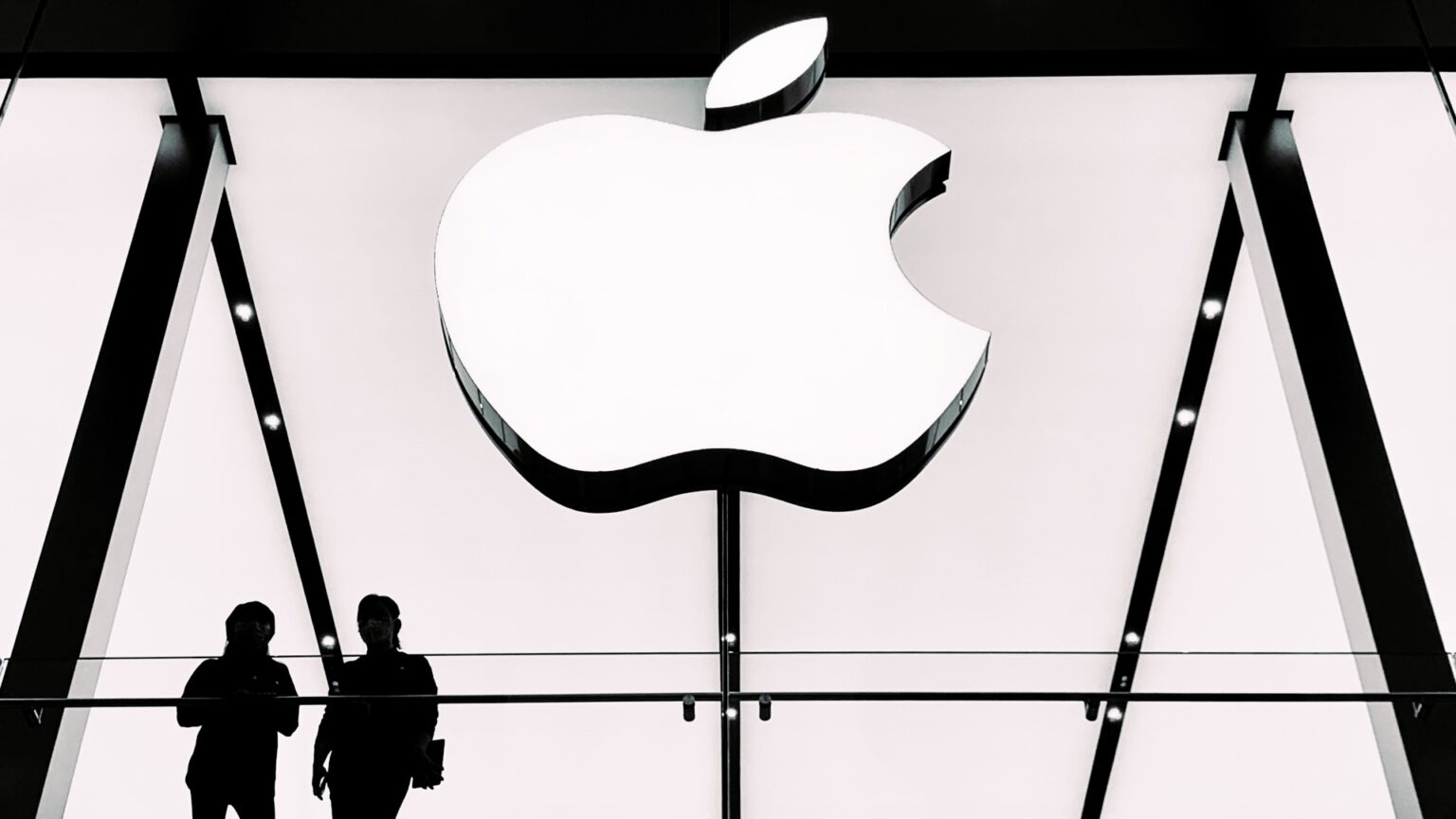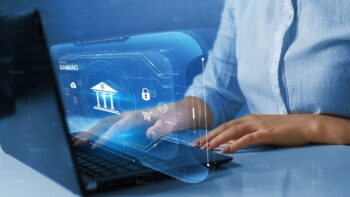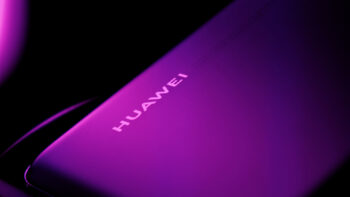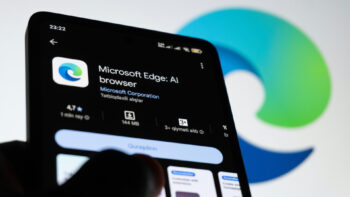On Tuesday, Apple briefly joined the elite club of $4 trillion companies, becoming the third US tech giant – after Nvidia and Microsoft – to cross that threshold. Although the share price (briefly reaching US$269.89) fell slightly before the session closed, pushing the capitalisation to US$3.99 trillion, this milestone shows the company’s renewed strength.
The driving force behind this has been the surprisingly strong demand for the latest iPhone models, which has allayed earlier market fears about the company’s slow progress in generative artificial intelligence.
This year’s rally is a significant trend reversal. Apple shares have gained around 13% since September’s product launches, pushing them into positive territory for the first time this year. Previously, the company’s shares had been under pressure due to concerns over strong competition in China and uncertainty over tariffs at key manufacturing centres.
Market data shows that the new devices are selling well. According to Counterpoint, early sales of the iPhone 17 surpassed its predecessor by 14% in the US and China. In turn, the iPhone Air’s slim design is expected to compete effectively with Samsung.
For Apple, this is crucial, as the iPhone generates more than half of the company’s revenue and profits, acting as a gateway to its entire ecosystem of services. Analysts, such as Evercore ISI, expect strong demand for the phones to allow the company to exceed market expectations in its upcoming quarterly results (30 October).
Despite its hardware success, a strategic question about artificial intelligence hangs over Apple. The company’s cautious approach raises concerns that it could be losing a key catalyst for growth. Deployment of Apple’s Intelligence Suite, which includes ChatGPT integration, has been slow, and an AI update for the Siri assistant has been delayed until next year.
At the same time, Apple is losing AI executives to competitors such as Meta and is exploring external partnerships, including with Google (Gemini) and Anthropic.
The market recognises this disparity. While Apple has joined the 4 trillion club (although Nvidia remains the leader with a valuation close to 5 trillion), its shares have only gained 7% this year. Much less than the Nasdaq technology index, which is up 23%. At the same time, Apple shares are trading at a premium – at 33 times projected earnings, compared to 27 times for the Nasdaq 100 index.












